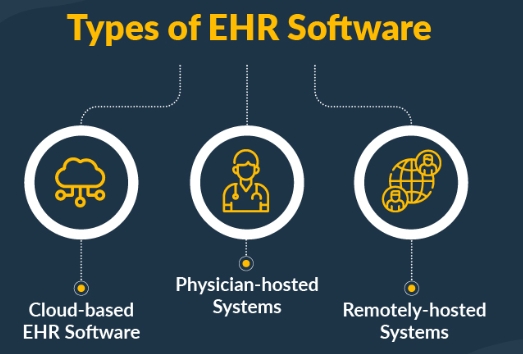Electronic health records, or EHRs, are an essential tool in modern healthcare that allow for the digital storage and management of patient medical information. There are various types of EHRs available, each with its own unique features and capabilities.
1. Cloud-based EHRs
Cloud-based EHRs store patient information on external servers, allowing for easy access from any internet-connected device. This type of EHR is often more cost-effective and flexible than traditional server-based systems.
2. Server-based EHRs
Server-based EHRs store patient information on local servers within a healthcare facility. This type of EHR offers greater control and security over patient data but may require more maintenance and resources.
3. Specialty-specific EHRs
Specialty-specific EHRs are tailored to the unique needs of specific medical specialties, such as cardiology or pediatrics. These EHRs often include specialized features and workflows to streamline clinical processes.
4. Integrated EHRs
Integrated EHRs allow for seamless communication and data sharing between different healthcare providers and systems. This type of EHR is essential for coordinating care and improving patient outcomes.
5. Standalone EHRs
Standalone EHRs are independent systems that do not integrate with other healthcare technology platforms. While these EHRs offer autonomy and customization, they may lack interoperability with other systems.
6. Open-source EHRs
Open-source EHRs are software solutions that are freely available for modification and distribution. This type of EHR promotes collaboration and innovation within the healthcare community.
7. Mobile EHRs
Mobile EHRs allow healthcare providers to access and update patient information on-the-go using smartphones or tablets. This type of EHR is convenient for providers who need to access patient data outside of the office.
In conclusion, exploring the different types of electronic health records is essential for healthcare providers to choose the right system that meets their specific needs and requirements. Whether opting for a cloud-based, specialty-specific, or open-source EHR, it is crucial to select a system that enhances efficiency, improves patient care, and complies with industry regulations.

